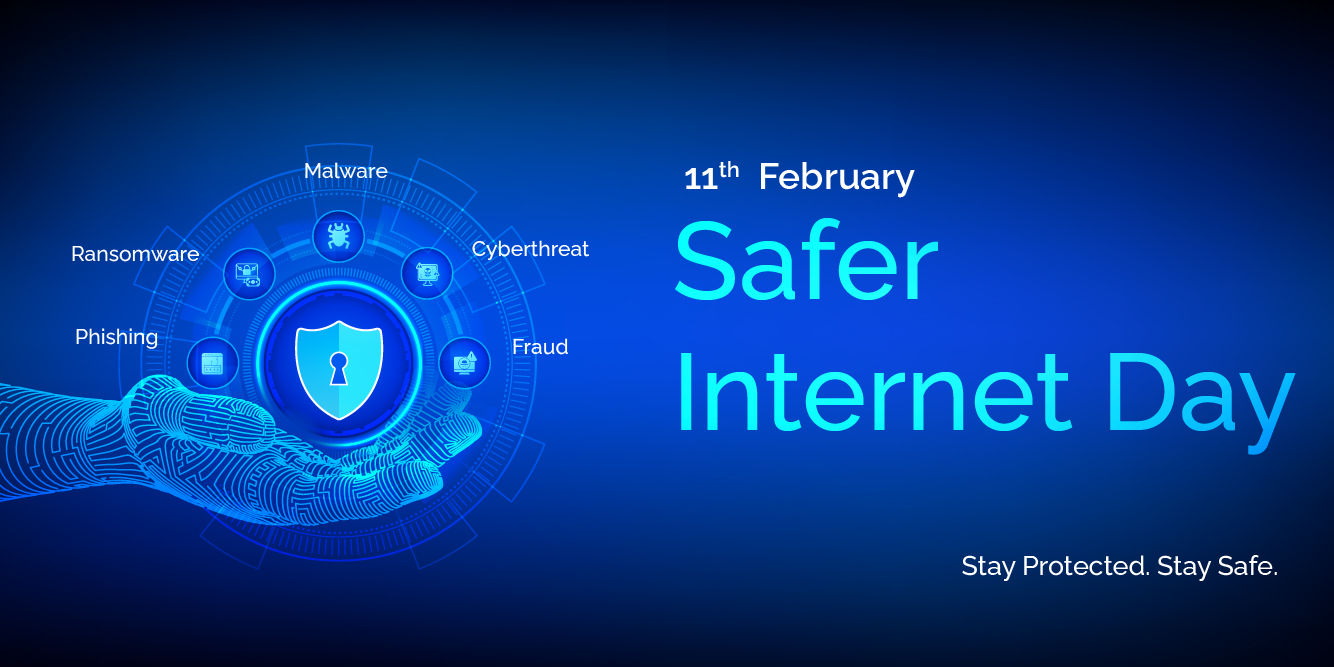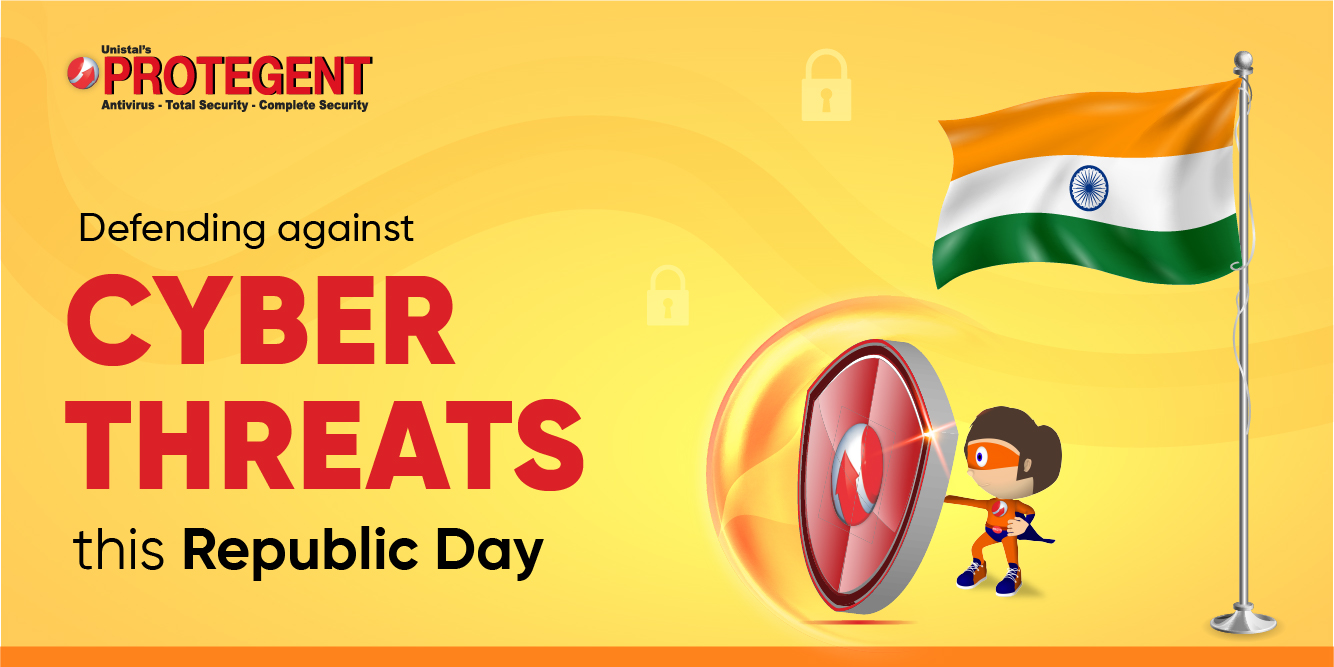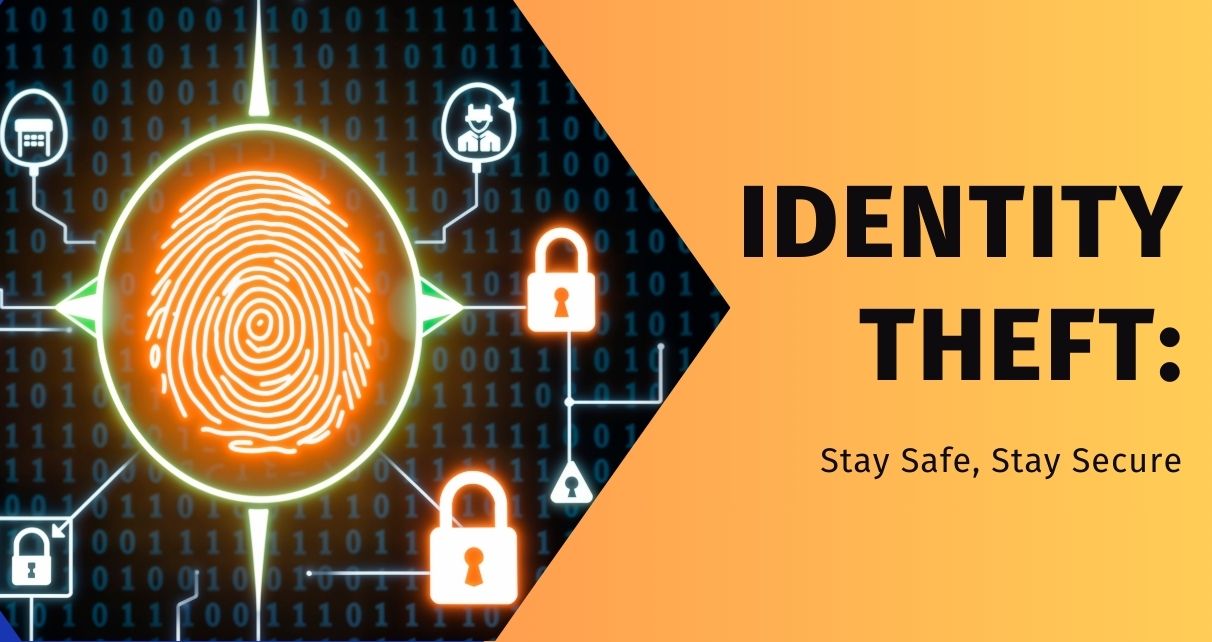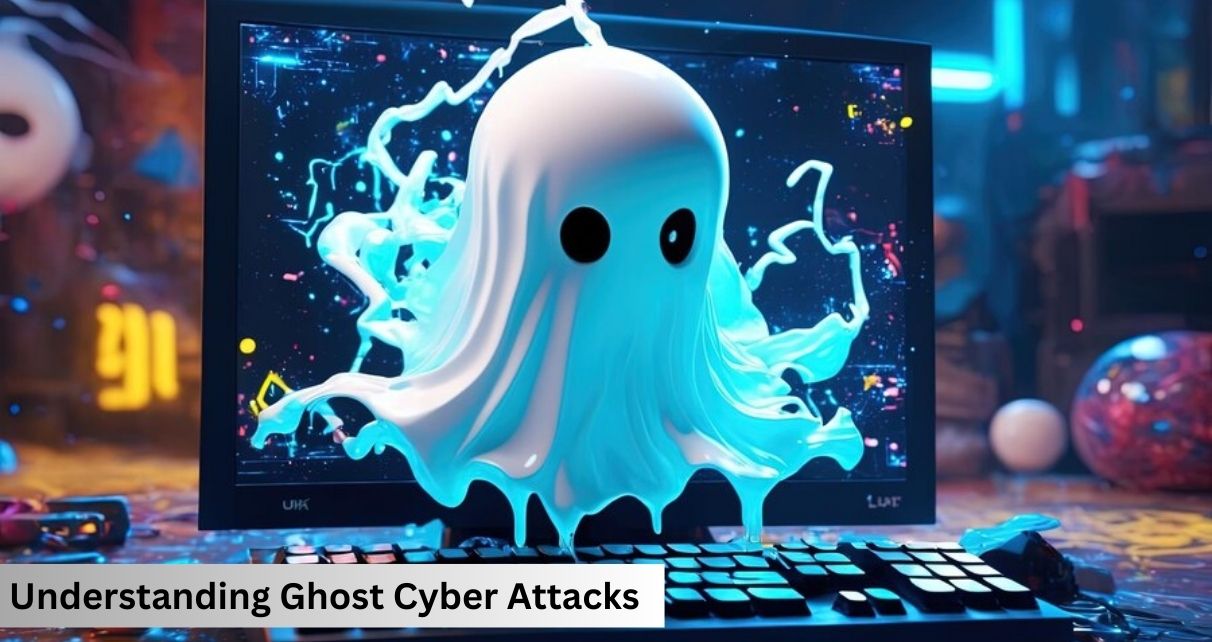Safe Gaming in India: Protect Your Children from Fortnite Scams and Fraud
Who doesn't love playing games? I believe most people enjoy playing games; it can be outdoor, indoor, or online. Though video games existed earlier, PlayStation (PS) was also extremely popular among youngsters and even adults. But the pandemic gave an unprecedented rise to online games. No matter the age or gender, online games have gained importance like never before. Today, video games have become more accessible, as you can play almost any game on your phone, anywhere, anytime. However, these online games are not without risks, as scammers can easily access users’ information, leading to financial loss. The number of games going online is countless. According to a survey, the number of game development studios in India grew from just 15 in 2009 to 275 by 2021. The vast majority of development is concentrated in the mobile sector, which accounts for over
Read More










